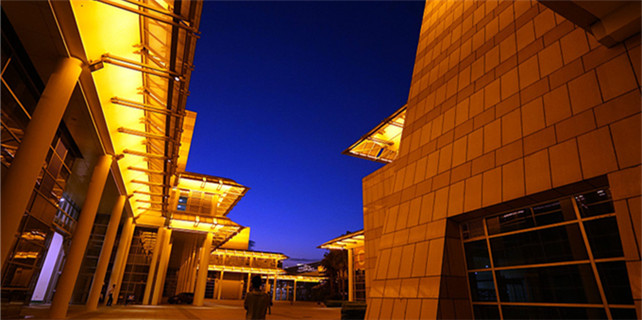London summit to tackle avian disease
Chinese and British researchers are collaborating in a joint effort to combat the spread of avian diseases.
Around 100 experts are gathering in London on Thursday at the third annual conference hosted by the UK-China Centre of Excellence for Research on Avian Diseases. Delegates will discuss solutions for major avian viruses, and best management practices to avoid these viruses' spread.
"China and the UK's collaboration in avian disease is highly important, given the current situation in China," said Shen Zhiqiang, director at the Shandong Binzhou Academy of Animal Sciences and Veterinary Medicine.
The first reported human cases of H7N9 avian influenza were reported in China in 2013. Since then, more than 1,500 cases have been reported. About 40 percent of those infected have died.
Shen said the UK's advanced avian disease research and disease control technology, as well as its management expertise on poultry farming can "generate great benefits" for China.
Both China and the UK have well established poultry industries, but sustained growth in both countries is hampered by continued challenges from a large number of avian diseases.
Tackling avian disease is high on the Chinese government's agenda. It recently set new policy directions to strengthen the monitoring of poultry farms in China by 2020. This includes introducing stricter standards on poultry cultivation and management.
"To improve best practices on poultry farms, it is crucial for the government to introduce new policy measures on best farming practices, and academic research is very important to support these policy directions," Shen said.
The UK-China Centre of Excellence for Research on Avian Diseases was established in 2015 with 50 million pounds ($64.6 million) of joint Chinese and British government funding.
Previous conferences have been held in Harbin, Heilongjiang province.
Yao Yongxiu, a scientist at the UK's Pirbright Institute, said British specialists believe it is important to share the country's advanced avian disease knowledge with other countries around the world, including China.
"The UK suffered severely from avian disease in the 1980s, and our heavy investment into controlling these diseases back then led to great results," Yao said.
"China is now facing the same challenge, and we hope our technology can help China, and we look forward to work with Chinese scientists to advance avian disease scientific discussions forward."
Shen said she hopes collaboration on avian disease will continue to flourish in the future.
"We can encourage British scholars to come to our universities to lead projects, or alternatively we can send more of our students to the UK schools for them to gain experiences."
cecily.liu@mail.chinadailyuk.com






















